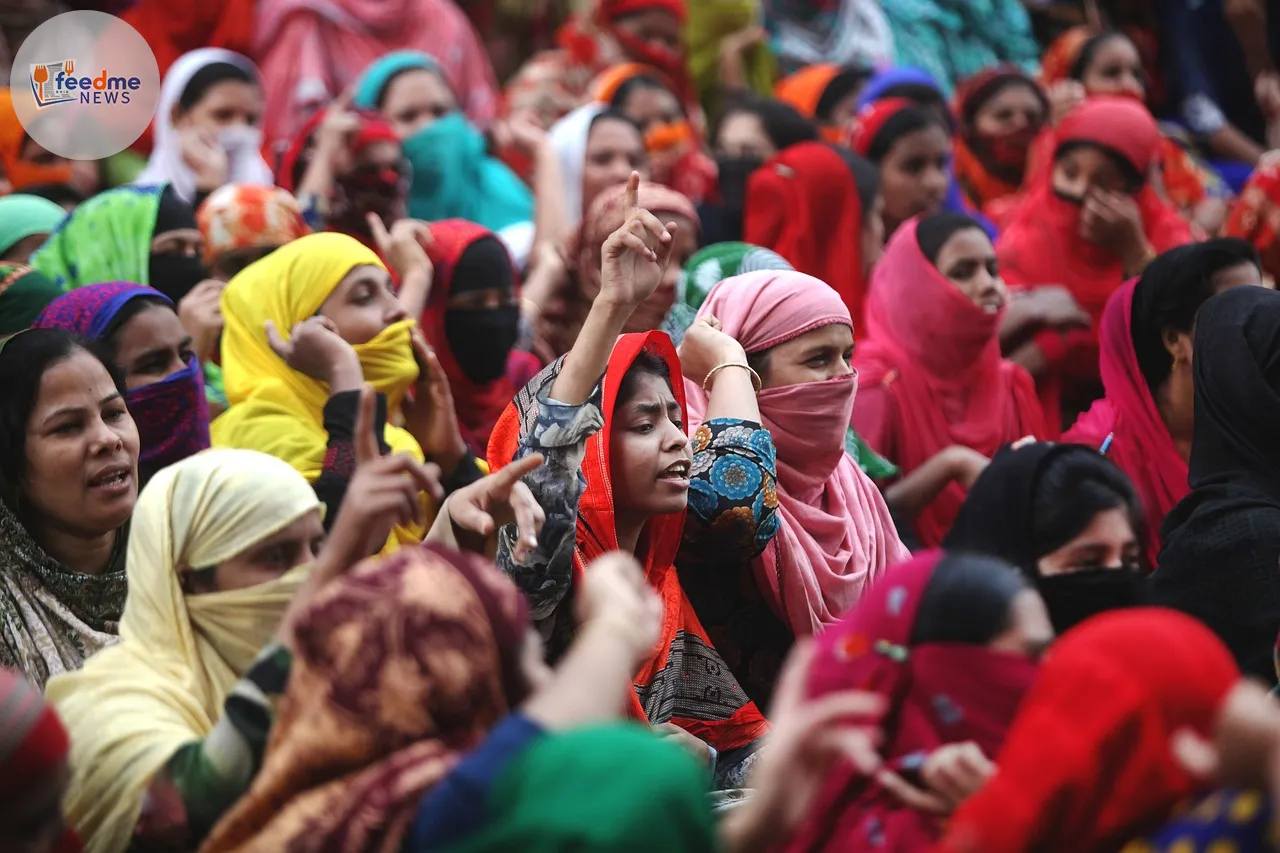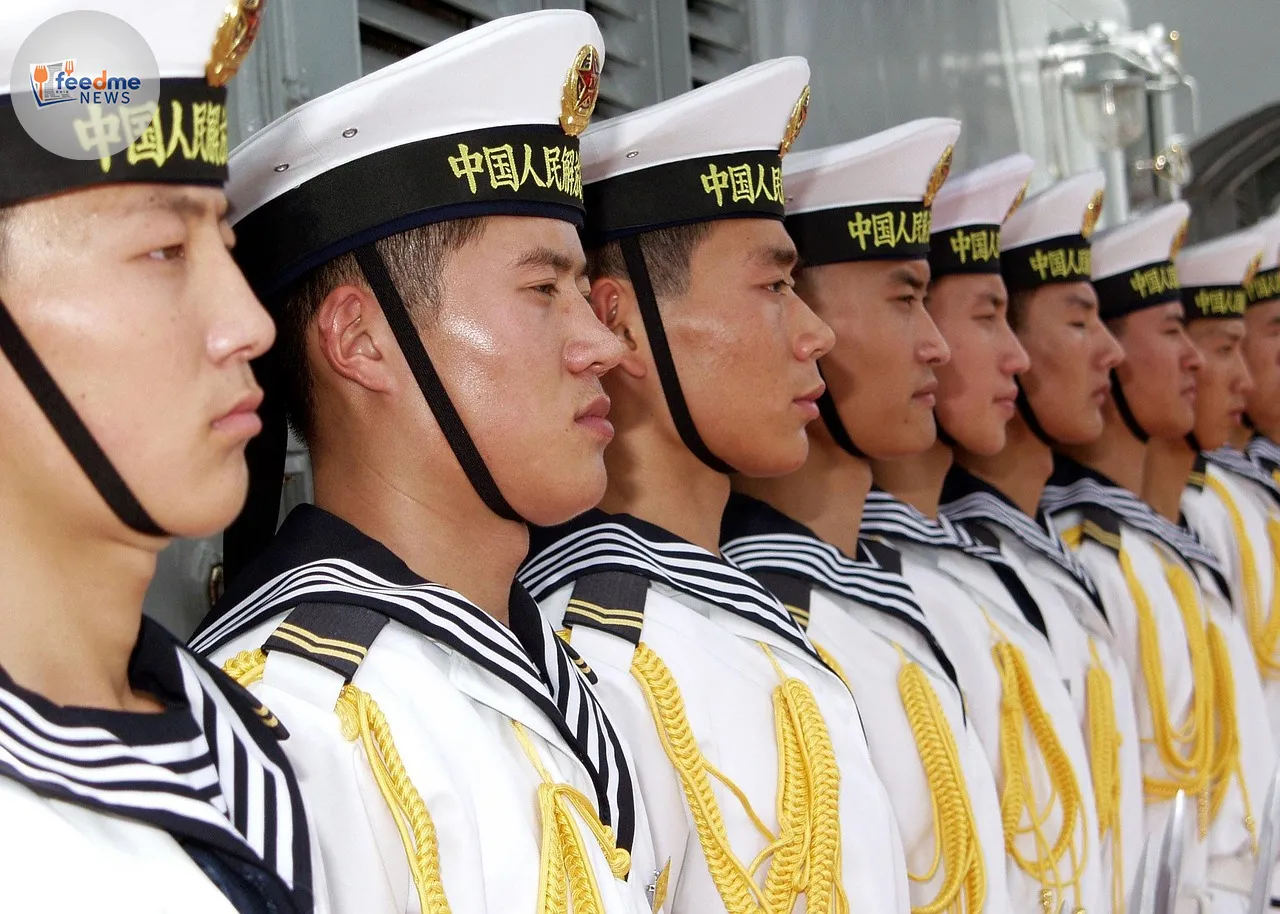In a significant diplomatic exchange, Russian President Vladimir Putin and former U.S. President Donald Trump held a phone call that resulted in a temporary pause of Russian energy attacks on Ukraine. While this development marks a step towards de-escalation, President Putin declined to commit to a full ceasefire, a proposal Ukraine had already accepted. The dialogue underscores ongoing international efforts to resolve the protracted conflict in Eastern Europe.
The conversation, which took place on Tuesday, 18 March 2025, reflects the high stakes and complex dynamics of the Ukraine crisis. The call was initiated by Trump, who has maintained an active role in international diplomacy since leaving office. The discussion centred around reducing hostilities and addressing energy infrastructure attacks that have severely impacted Ukraine’s civilian population and economy.

The Call’s Timing: A Crucial Moment
The timing of the call is pivotal, coming as Ukraine faces one of its harshest winters, compounded by energy shortages due to targeted attacks on its infrastructure. These attacks have left millions without electricity and heating, exacerbating humanitarian challenges. The temporary pause agreed upon by Putin provides a brief respite to Ukrainian citizens and offers a window for further diplomatic engagement.
The dialogue occurred amidst increasing international pressure on Russia to halt its aggressive tactics. The European Union and NATO have reiterated calls for a peaceful resolution, emphasising the importance of maintaining Ukraine’s sovereignty and territorial integrity. The temporary pause is seen as a tactical move by Russia, potentially aimed at easing international criticism while maintaining strategic leverage.
Diplomatic Efforts and Reactions
The call between Putin and Trump has prompted varied reactions from global leaders and analysts. While some view it as a positive step, others remain sceptical about Russia’s intentions, given its historical reluctance to fully commit to ceasefires.
Ukrainian President Volodymyr Zelensky welcomed the pause but urged for a more comprehensive agreement that ensures lasting peace and security for Ukraine. “We appreciate any de-escalation efforts, but we need a commitment to a full ceasefire to truly protect our people,” Zelensky stated in a press briefing.
In Washington, reactions were mixed. Some officials expressed cautious optimism, highlighting Trump’s unique position to engage with Putin, while others questioned the sustainability of such informal diplomacy without broader international consensus.
Expert Insights on the Conflict
Experts on Eastern European geopolitics highlight the complexities of achieving a lasting ceasefire. Dr. Anna Petrova, a leading analyst at the European Council on Foreign Relations, noted, “While the pause is a positive development, the fundamental issues driving the conflict remain unresolved. A comprehensive peace plan requires addressing both military and political dimensions, including the status of contested regions.”
The Minsk Agreements, previously established frameworks for peace, have yet to be fully implemented, and ongoing violations have undermined their effectiveness. Analysts argue that any new agreements must be robustly monitored and enforced to prevent further escalation.
Potential Impacts and Future Prospects
The temporary pause in energy attacks could alleviate immediate humanitarian concerns, providing relief to Ukrainian citizens and allowing for infrastructure repairs. However, the broader implications for the conflict remain uncertain. The international community continues to advocate for a diplomatic resolution, emphasising the need for dialogue and compromise.
Looking forward, the success of this temporary measure depends on sustained diplomatic efforts and genuine commitment from all parties involved. The situation remains fluid, with potential for both escalation and resolution. The coming weeks will be critical in determining whether this pause can serve as a foundation for more comprehensive peace negotiations.
As the world watches, the focus remains on achieving a durable solution that respects Ukraine’s sovereignty and promotes regional stability. The international community’s role in facilitating dialogue and ensuring accountability will be crucial in shaping the future of the Ukraine conflict.





